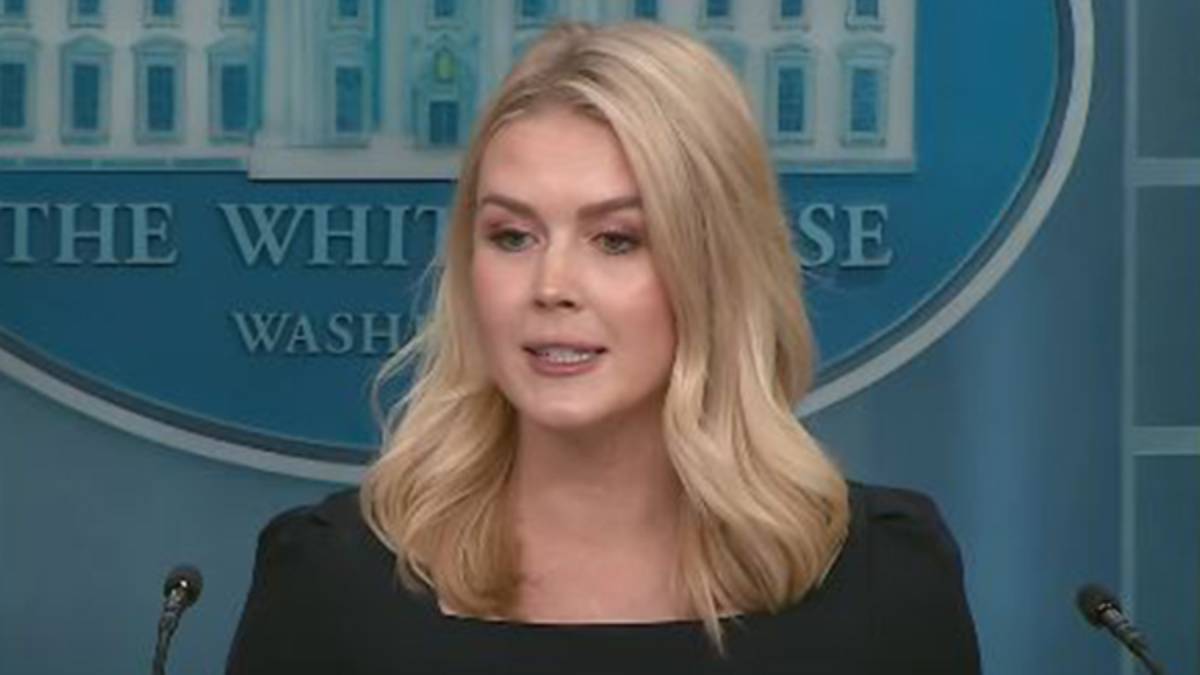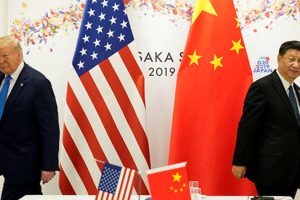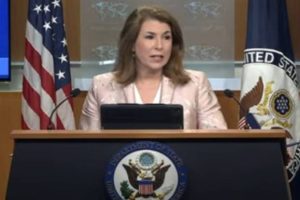U.S. President Donald Trump continues to believe that Canada would significantly benefit from becoming the 51st state of the United States, White House Press Secretary Karoline Leavitt confirmed during a press briefing on Tuesday (local time).
When asked whether Trump’s stance on Canada had softened in recent weeks, Leavitt replied, “I would reject the idea that the president’s position on Canada has shifted. Perhaps he just hasn’t been asked about Canada lately. However, the president still maintains his view that the U.S. has long subsidized Canada’s national defense, and that Canadians would benefit greatly from joining the U.S. as its 51st state.”
Trump has previously made headlines for mocking former Canadian Prime Minister Justin Trudeau as the “Governor of Canada” and for his recurring remarks suggesting Canada’s annexation.
On the subject of trade, Leavitt addressed speculation regarding potential tariff relief for automakers, saying there was “nothing to read out” at this time but emphasized the president’s flexibility in trade negotiations. “His goal is clear—put American workers first. The automakers and auto workers we hosted on Liberation Day support this president because he fights to bring those jobs back to the United States,” she said.
Trump echoed similar sentiments during a meeting on Monday with El Salvador’s President Nayib Bukele, where he said he was “looking at something to help some of the car companies” that rely on parts made in countries like Canada and Mexico. “They’re going to make them here, but they need a little bit of time,” he said.
The president also highlighted the need for strategic flexibility during ongoing tariff negotiations. “I don’t change my mind, but I’m flexible,” Trump stated. “You just can’t have a wall—you have to go around it, under it, or above it.”
These comments follow Trump’s April 9 announcement of a sharp increase in tariffs on China to 125 percent in response to Beijing raising tariffs on U.S. goods. Simultaneously, Trump introduced a 90-day “pause” on tariffs for 75 countries engaged in trade discussions with the U.S., offering them significantly reduced rates during the negotiation period.





